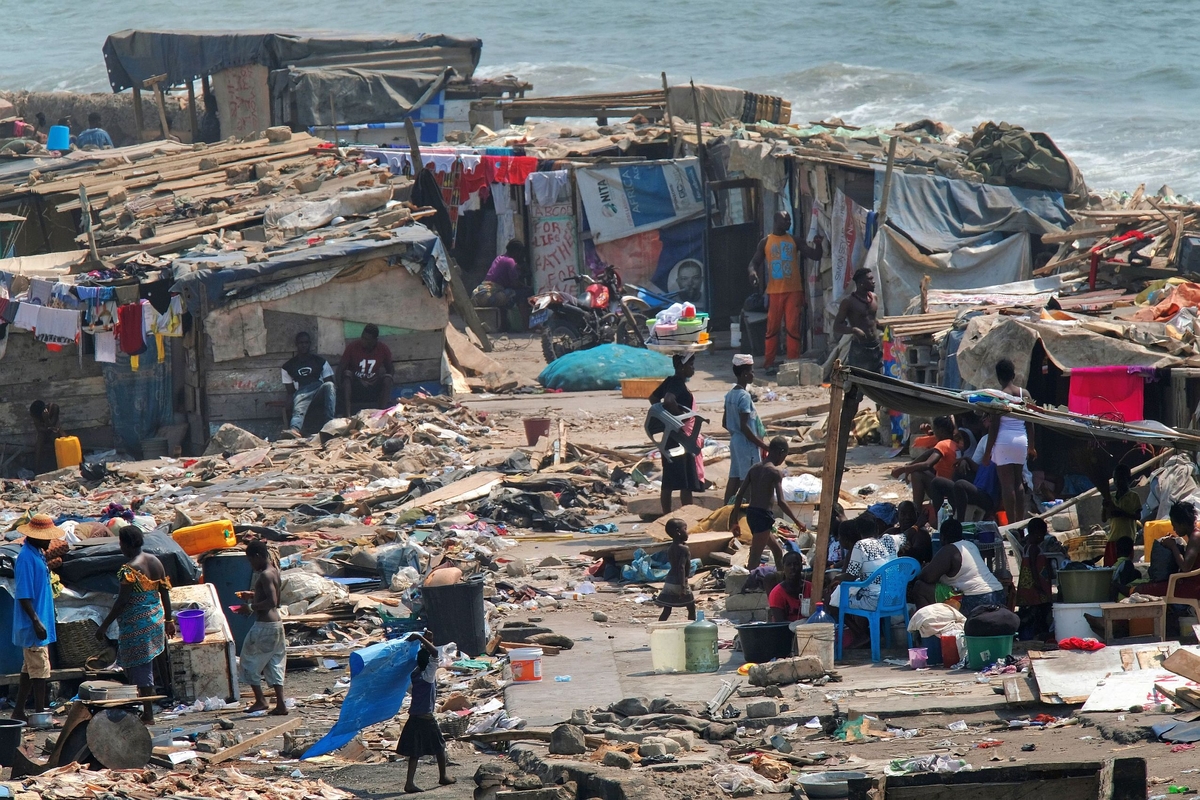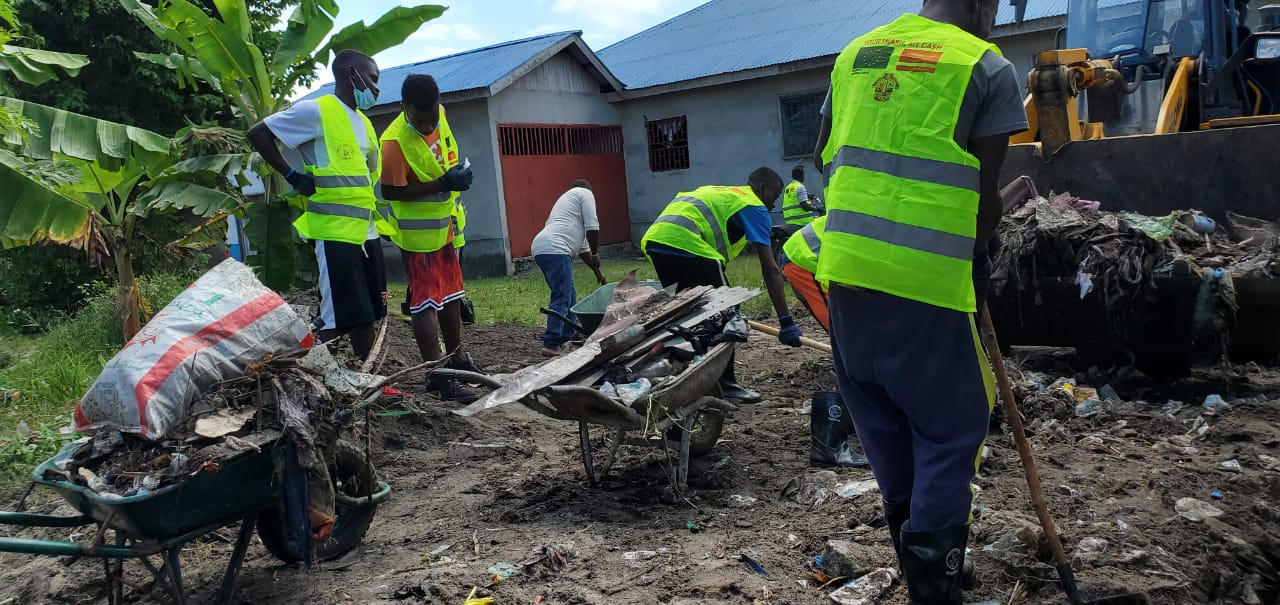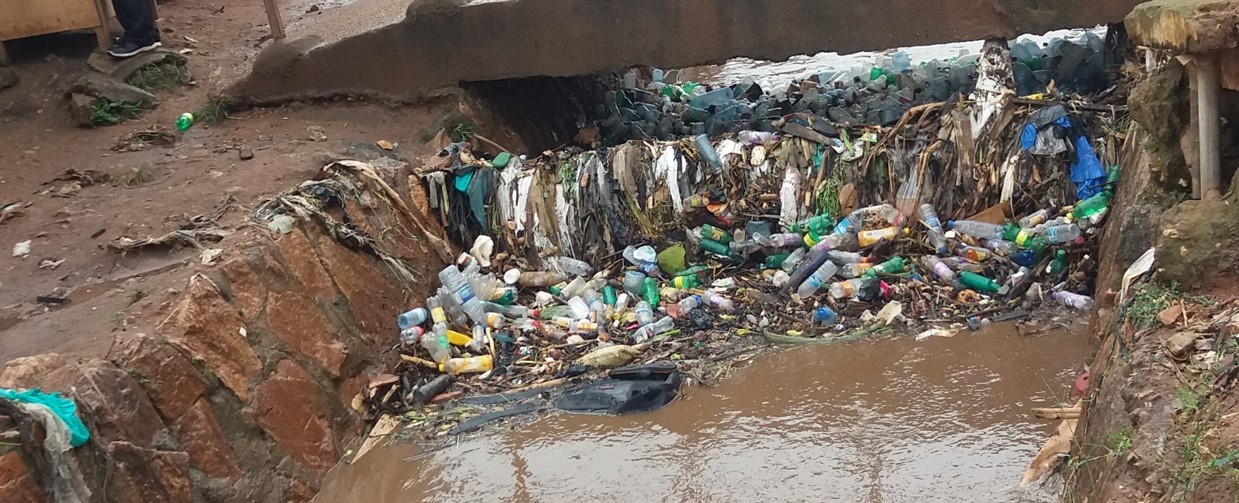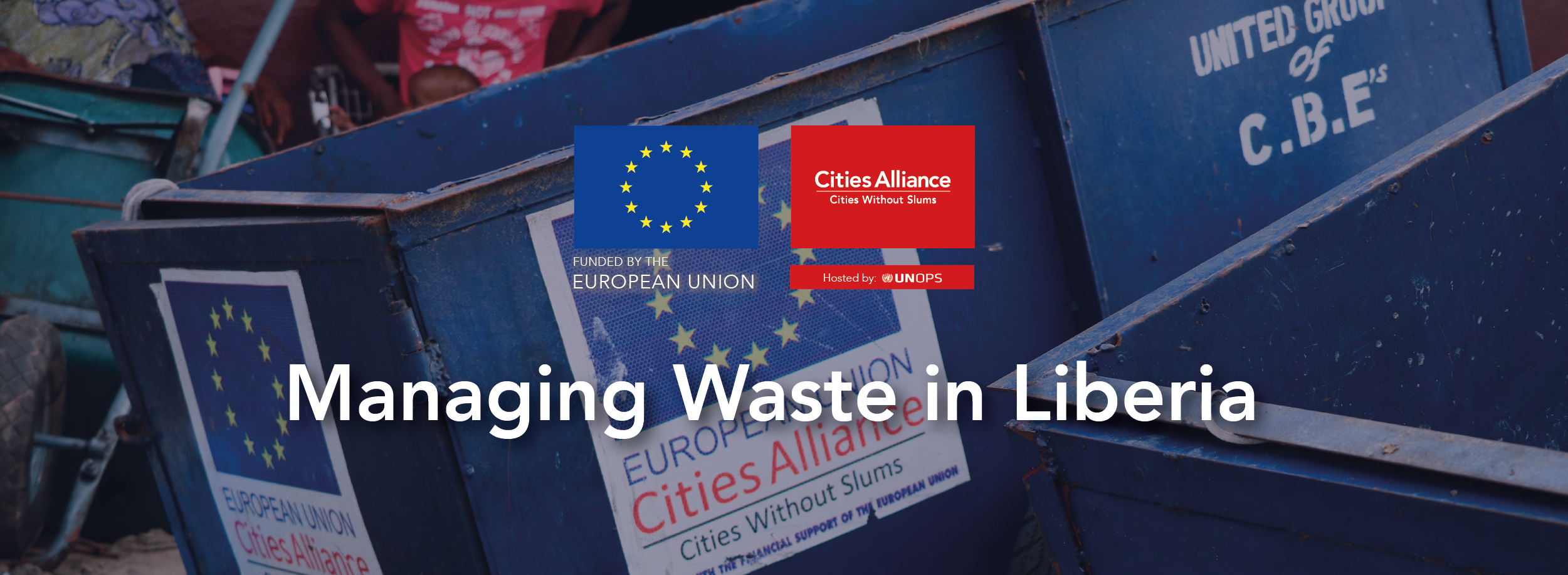By Rebecca A. Süss, M.A, formerly Cities and Migration programme, Cities Alliance
Informal waste workers are indispensable for clean, healthy, and resilient cities in rapidly urbanising countries. Currently, approximately 80 per cent of the 24 million waste workers around the globe are informal. They work across all levels of waste management, from direct collection to recycling and waste treatment. In many cities, they provide the only form of waste collection.
As waste generation in low-income countries is expected to triple in the next 30 years, rapidly growing secondary cities need to invest in the proper management of waste. Integrating and empowering informal waste workers can provide great benefits to both city authorities and the workers.
Waste management has a significant impact on the environment that we all live in. Effective urban waste management is crucial for clean cities, a functioning drainage system, and public health: Excessive amounts of solid waste in landfills cause greenhouse gas emissions, uncollected waste can clog the drainage system, hazardous waste contaminates soil, water and air, valuable resources can be lost in the absence of recycling, and inadequate waste treatment facilitates the spread of diseases.
Despite their crucial role, the work of informal waste workers is often not recognized, and waste pickers suffer from marginalisation and harassment in their societies.
They work under precarious and unsafe work conditions, exposed to hazardous substances and dangerous work sites. They have the lowest income in the recycling value chain and find themselves in a weak bargaining position when selling their collected scrap to middlemen.
“We know that the high rate of recovery in some cities in the South is due to the work that the informal waste workers do. The municipality enjoys the service without having to pay for it”, said Sonia Dias, WIEGO's Waste Specialist.
According to Dias, ad-hoc privatisation and formalisation in the solid waste management system often exclude or even criminalise informal waste workers. She suggests that cities should build upon the existing system of solid waste management and its informal workforce by integrating them. "Governments should engage in a dialogue with waste workers to learn about their challenges and work towards solutions that benefit the city and its citizens as well as the informal waste workers."

In Accra, Ghana, waste collection is mostly privatised. Informal waste workers were initially criminalised for their activity and evicted from illegal open dump sites until the city recognized their importance in serving informal settlements. In 2018, the city started a conversation with the informal waste collectors and learned about their challenges, including the lack of access to formal waste collection, which forces them to use illegal dump sites.
To address this issue, the city granted them access to official waste sites and facilitated financial inclusion, access to waste collection equipment, health insurance, and motorcycle licenses, explained Victor Kotey, Deputy Head of Waste Management in Accra City Council. The city also helped informal waste workers form cooperatives so that they could be contracted by the city, which has led to a better functioning waste management system.
In cities like Pune, India, waste pickers have been organised in a trade union since the 1990s. Their self-organisation has enabled them to negotiate with the city and gain recognition and formalisation for their work within the city. The solid waste management system in Pune benefits both citizens and waste workers: Every year, the waste pickers in Pune treat a large amount of recyclable waste and contribute to the reduction of greenhouse gas emissions and a clean city.
According to Lubna Anantkrishnan, from the SWaCH waste worker cooperative in Pune, the waste workers were able to gain the city’s support for building a well-functioning, integrative and decentralised waste management system that is designed around the needs of the waste pickers by providing flexibility and social benefits without converting the waste work into skilled-labour jobs.
In contrast, waste pickers in other contexts, such as in Ugandan cities, are more fragmented. Franc Kamugyisha, the founder and CEO of the Uganda-based social enterprise EcoPlastile argues that the government should support the training and formalisation of waste pickers. EcoPlastile employs waste pickers to collect plastic that is then recycled and used to produce roof tiles. However, he explains that the larger-scale training and integration of waste pickers goes beyond the capacity and responsibility of his company.
We need to incorporate waste pickers into cities' existing systems by working with local governements and the private sector. They are key contributors to the waste management value chain and the circular economy.
Franc Kamugyisha, CEO, EcoPlastile
With EcoPlastile, he has started to digitise waste management and manage demand and supply for waste collection with a reward for waste generators (e.g., households or restaurants) as well as the waste collecting workers. "When citizens also gain value from clean and segregated waste, the process will become easier", he added.
Strengthening urban waste management is crucial for transitioning to greener cities and benefits all citizens. To achieve this, cities should integrate informal waste workers and recognize their contribution to clean and resilient cities. By doing so, not only are their livelihoods secured, but as the experiences from Accra and Pune show, they are often indispensable for a well-functioning waste management system.




